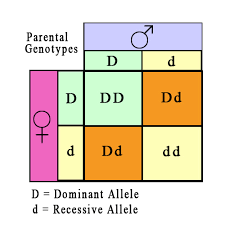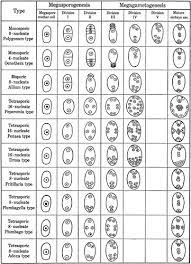selection-types
SELECTION
Selection is the choice of certain individuals from a mixed population for a one or more desirable traits. Selection is the oldest and basic method of plant breeding.
There are two main types of Selection.
i. Natural Selection:
This is a rule in nature and results in evolution reflected
in the Darwinian principle “survival of the fittest”. It takes longer time in bringing
about desired variation.
ii. Artificial Selection:
It is a human
involved process in having better crop from a mixed population where the
individuals differ in character. The following are the three main types of
artificial selection.
a. Mass Selection:
In mass selection a large number of plants of similar phenotype or morphological characters are selected and their seeds are mixed together to constitute a new variety. The population obtained from the selected plants would be more uniform than the original population and are not individually tested. After repeated selection for about five to six years, selected seeds are multiplied and distributed to the farmers. The only disadvantage of mass selection is that it is difficult to distinguish the hereditary variation from environmental variation.
b. Pure line selection:
Johannsen in 1903 coined the word pureline. It is a collection of plants obtained as a result of repeated self-pollination from a single homozygous individual. Hence, a variety formed by this method shows more homozygosity with respect to all genes. The disadvantage of this type is that the new genotypes are never created and they are less adaptable and less stable to the environmental fluctuations.
c. Clonal Selection:
In asexually propagated crop, progenies derived from a plant resemble in genetic constitution with the parent plant as they are mitotically divided. Based on their phenotypic appearance, clonal selection is employed to select improved variety from a mixed population (clones). The selected plants are multiplied through vegetative propagation to give rise to a clone. The genotype of a clone remains unchanged for a long period of time.







Comments